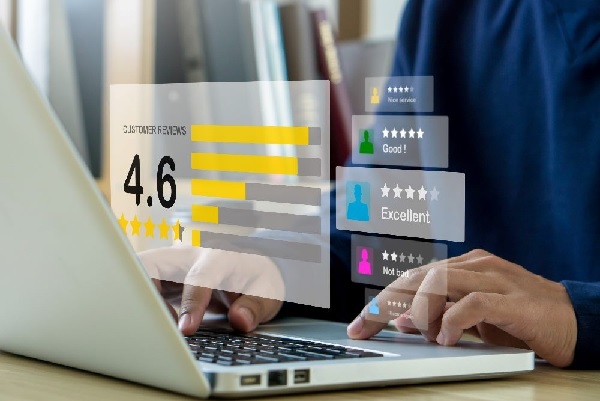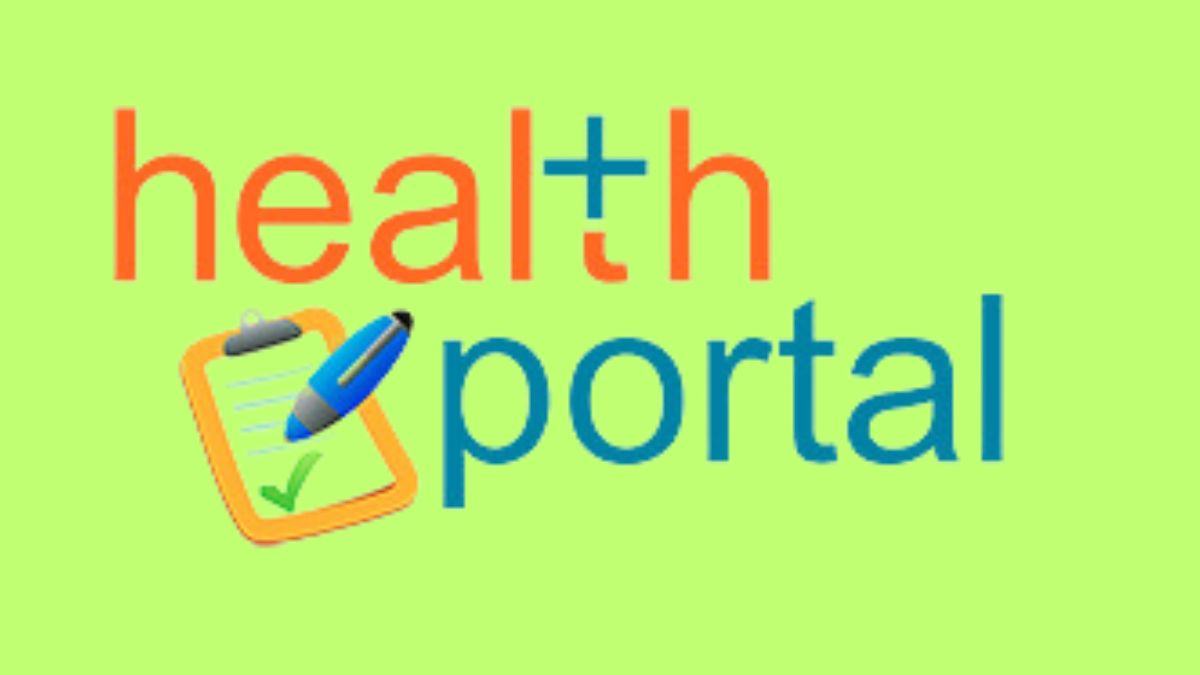Systems for health information can help healthcare organizations in a variety of ways. To reap these benefits, an organization should put the right technology system in place. It includes both the essential hardware and software specifications.
Successful implementation of healthcare information systems needs a secure wireless network that connects all connected devices. It allows data to be access and share across the company EHR platforms.
It is also essential to have a convenient workspace where nurses, doctors, technicians, administrators, and others have access to the records. These could be laptops, desktops, or tablets.
Benefits Health Information System
Coordinated and Organized Treatment Process
Health or Hospital information management system is a technologically-driven system that makes the sharing of private health data between companies and healthcare providers a breeze. Additionally, thanks to HIS, individuals can receive continuous and coordinated care from their healthcare providers. Particularly, patients with diagnoses that require cross-specialty care coordination and extensive medical information management gain the most benefit from HIS. In addition, it enhances the quality of medical care and outcomes of patients.
Betterment in Patient Care
In the process of storing and archiving information about patients, including medical histories, diagnosis reports, allergies, vaccinations as well as treatments information tests, plans, and so on., Health Information Systems offer healthcare professionals an efficient and organized system that allows them to interact with patients in a more efficient manner and ultimately provide care to patients in a more efficient method.
Improved Patient Safety
Since you have access to patients’ data thanks to patient records management system, you can keep all of the data and distribute it across various databases to enhance the safety of patients. In addition, you will receive alerts whenever there are any problems that concern the health of patients. For instance, health professionals can get an alert from security monitoring the negative consequences that patients might experience from specific medications when they take them without being advised of it. In this manner, you’ll avoid making any major mistake caused by the absence of information when making your decision.
Instant and seamless access to patient’s details
In a document published by the World Health Organization (WHO), “The Health Information System gathers information from the health as well as other relevant sectors. It analyzes the data, and ensures their accuracy, quality and timeliness, then transforms the data into healthcare-related decisions.” The more reliable the data is more reliable, the greater your chance of making a sound choice, taking any action or regulation and conducting research on health, training, and development programs, and ensuring the delivery of services.
Summing up
Health Information Systems are bringing an era of change in healthcare services. With the help of efficient systems that are in place at hospitals and medical facilities, that not only increase the efficiency of healthcare, but medical professionals will also increase, and their work will be made simpler and more efficient. In turn, they are able to provide more effective care to patients. In short, HIS offers a win-win scenario for both the patient and healthcare professionals.
After examining the advantages of Health Information Systems, it is apparent that HIS gives healthcare providers a range of ways to provide better service to patients while reducing money and ensuring seamless work.










